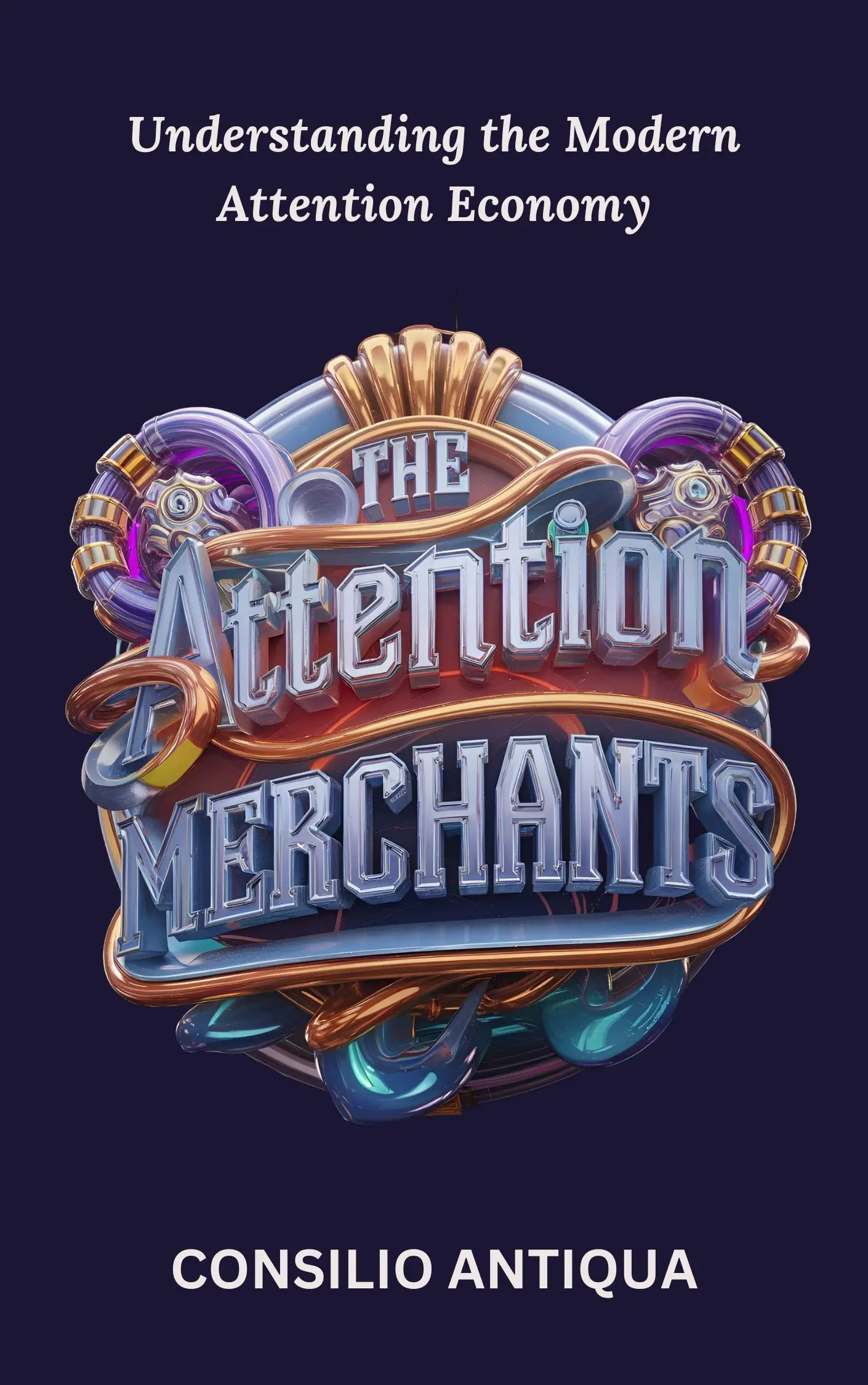
The Attention Merchants | Chapter 13. Consumer Autonomy vs. Digital Manipulation
Chapter 13. Consumer Autonomy vs. Digital Manipulation
Have you ever caught yourself scrolling through social media, only to realize an hour has vanished? You start with a clear intention – maybe checking a message or reading a quick update – but somehow, you find yourself lost in a vortex of endless feeds and captivating videos. This isn't an accident. It's the result of sophisticated design and psychological tactics employed by the very platforms we use every day.
These platforms, the gatekeepers of the digital world, are powered by algorithms that learn our preferences with every click, like, and share. They curate a personalized experience, showing us more of what we engage with and filtering out information that doesn't align with our past behavior. While this can be convenient, it also creates echo chambers where our existing beliefs are reinforced, and we're less likely to encounter diverse perspectives. Think about your music streaming service. It suggests songs based on your listening history, creating a tailored soundtrack that rarely ventures outside your comfort zone. This algorithmic curation, while seemingly harmless, subtly shapes our tastes and limits our exposure to new artists and genres.
Beyond personalized recommendations, the attention economy thrives on persuasive techniques borrowed from the world of marketing and psychology. Scarcity marketing, for instance, creates a sense of urgency by highlighting limited-time offers or exclusive deals. Ever felt compelled to buy something because it's the "last one in stock"? That's scarcity at play. Social proof, another powerful tactic, leverages our tendency to follow the crowd. When we see a product with thousands of positive reviews or a post with countless likes, we're more likely to perceive it as desirable. Remember that viral video everyone was talking about? That's social proof in action.
But perhaps the most concerning aspect of the attention economy is the pervasive collection and use of personal data. Every click, search, and interaction online leaves a digital footprint, providing valuable insights into our interests, preferences, and even vulnerabilities. This data fuels targeted advertising, allowing companies to tailor their messages with laser-like precision. Imagine discussing a new pair of shoes with a friend, only to see ads for those exact shoes popping up on your social media feed later that day. This level of personalization can feel intrusive and manipulative, raising concerns about privacy and the erosion of consumer autonomy.
The constant connectivity fostered by the attention economy also takes a toll on our mental well-being. Notifications bombard us throughout the day, creating a sense of urgency and the fear of missing out (FOMO). We feel compelled to check our phones constantly, disrupting our focus and hindering our ability to engage in deep work or meaningful conversations. Studies have shown a link between excessive social media use and increased anxiety, depression, and sleep disturbances. The price of constant connectivity, it seems, is a diminished capacity for presence and genuine connection.
So, how do we reclaim our attention in this hyper-connected world? The first step is awareness. By understanding the tactics used to capture our focus, we can start to make more conscious choices about how we interact with technology. Setting boundaries is crucial. This could mean turning off notifications during work hours, designating specific times for checking social media, or simply leaving your phone in another room when you want to be fully present.
Cultivating mindfulness can also help us break free from the grip of digital distraction. Mindfulness practices, such as meditation or focused breathing exercises, train our attention to stay in the present moment, reducing our tendency to get swept away by the endless stream of information. Digital literacy is another essential skill in the age of the attention economy. By understanding how algorithms work and recognizing the persuasive techniques used online, we can become more discerning consumers of information and less susceptible to manipulation.
Ultimately, navigating the attention economy requires a conscious effort to prioritize our well-being and autonomy. It's about making deliberate choices about how we spend our time and attention, rather than passively succumbing to the demands of the digital world. By cultivating awareness, setting boundaries, and practicing mindfulness, we can reclaim control over our most precious resource – our attention – and create a more balanced and fulfilling relationship with technology.
